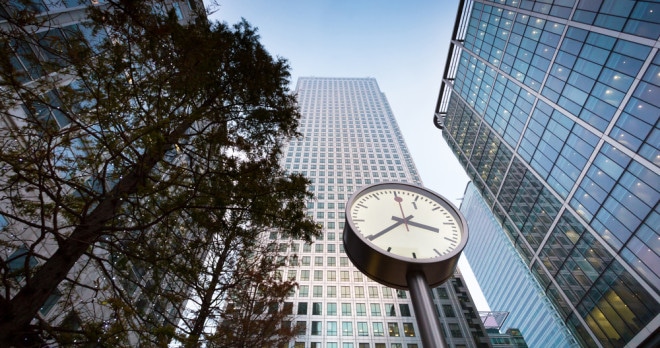Expiry of your lease – should you take action?

The two main risks are
- uncertainty over the terms of occupation and
- the ability of the landlord to require you to move out immediately.
Securing your terms of occupation
After the lease expires, the law will generally regard your occupation as being under a ‘tenancy at will’. Its terms are probably broadly the same terms as the lease which has expired, but the key words are ‘probably’ and ‘broadly.’ If under that lease your landlord assumed important responsibilities (such as maintenance and lighting of common parts, provision of toilet or kitchen facilities, etc), you need to know that you can enforce those duties.
If the lease has expired, your landlord may argue that he no longer has to provide those services until you’ve entered into a new lease. This could damage your business and it may also force you into accepting terms in the new lease which are less than ideal.
Ability to require immediate vacation
Under a tenancy at will either party can end the arrangements by giving notice to the other. No period of notice needs to be given and the ability of the landlord to require you to move out immediately may be used to sway negotiations over the terms of the new lease in the landlord’s favour.
State of the property on vacation
The expired lease will contain requirements about the state the property is to be returned to the landlord in. If you remain in occupation, then it’s likely you won’t undertake the work required. However if the landlord then requires you to vacate immediately you will not have the opportunity to do the necessary work. The landlord could then make a claim against you for the costs of doing this work (which may also include a sum equal to the rent for the period while the work was done) which will most likely be more than it would have cost you if you had ordered the work yourself.
Any benefits to the tenant of a tenancy at will?
A tenant may use these risks to their advantage. For example if a tenant is considering relocating to new premises the ability to vacate the property immediately might be helpful. However, the risks will usually be greater than the potential advantage. Ask yourself, could your business survive a demand from the landlord to move out immediately?
As a general principle we would advise you make sure you give yourself the time to put a new lease in place before the current one expires.
If you have any queries with leases whether renewing an existing lease, taking out a new lease or ending a lease contact our Commercial Property team on 0800 923 2065 or emailing [email protected].